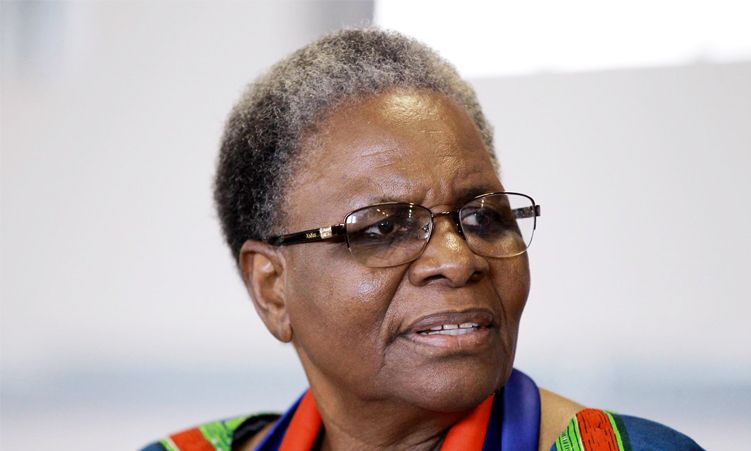Three of the men charged in the Fishrot fishing quotas fraud, corruption and racketeering case have suffered a setback in their attempt to have the appointment of the High Court judge assigned to their case declared unconstitutional.
The three accused – former attorney general and justice minister Sacky Shanghala, James Hatuikulipi and Pius Mwatelulo – followed the wrong procedure when they applied to the High Court for permission to sue acting judge Kobus Miller, to whom their case has been assigned, judge Boas Usiku concluded in a judgement delivered on Friday last week.
Usiku struck the three men’s application from the court roll.
In their application, Shanghala, Hatuikulipi and Mwatelulo asked to be given leave to launch court proceedings to have Miller’s appointment as acting judge declared unconstitutional, and wanted to be allowed to cite Miller and High Court judge president Petrus Damaseb as respondents in those proceedings.
In the case before Usiku, Miller and Damaseb were also cited as respondents.
Usiku said that citation of the two judges is prohibited by a section of the High Court Act, which states that no summons or subpoena in civil legal action against any judge of the High Court may be issued without the consent of the High Court.

The correct procedure that should have been followed by Shanghala, Hatuikulipi and Mwatelulo was to apply ex parte – without citing any respondents – for the High Court’s consent to cite Miller and Damaseb as parties in the legal action that they plan to take, Usiku said.
In an affidavit filed at the court, Hatuikulipi alleges that Miller’s latest appointment in January this year as an acting judge of the High Court was unconstitutional, because he is above the age of 70.
Hatuikulipi claims that in terms of the Constitution, judges hold office until the age of 65, but the president may extend their retirement age to 70.
According to Hatuikulipi’s interpretation of the relevant article of the Constitution, no person who has reached the age of 70 may continue to serve as a judge in Namibia.

The article of the Constitution on which Hatuikulipi, Shanghala and Mwatelulo rely, states that all judges, except acting judges, appointed under the Constitution shall hold office until the age of 65, but that the president is entitled to extend the retirement age of any judge to 70.
That reference to “any judge” includes acting judges and means that no one may continue to serve as an acting judge in Namibia after reaching the age of 70, Hatuikulipi argues in his affidavit.
Namibia has had several acting judges above the age of 70 serving in the High Court and Supreme Court since the country became independent in 1990.
The Fishrot case was assigned to Miller as trial judge early last year. Since then, he has presided at several pretrial hearings of Shanghala, Hatuikulipi, Mwatelulo and their co-accused in the case.
Shanghala, Hatuikulipi, Mwatelulo and one of their co-accused, Ricardo Gustavo, unsuccessfully tried to get Miller to step down from their case last year. Their attempt ended in a final failure in the Supreme Court in January this year, when three appeal judges declined an application by the four men to be allowed to appeal against Miller’s decision not to recuse himself from their case.
The ten men charged in the Fishrot case are scheduled to have their next pretrial hearing in the Windhoek High Court on 20 September.
Their trial is at this stage set to start on 2 October, if the 10 accused have legal representation and are ready for their trial to commence on that date.
Stay informed with The Namibian – your source for credible journalism. Get in-depth reporting and opinions for
only N$85 a month. Invest in journalism, invest in democracy –
Subscribe Now!






